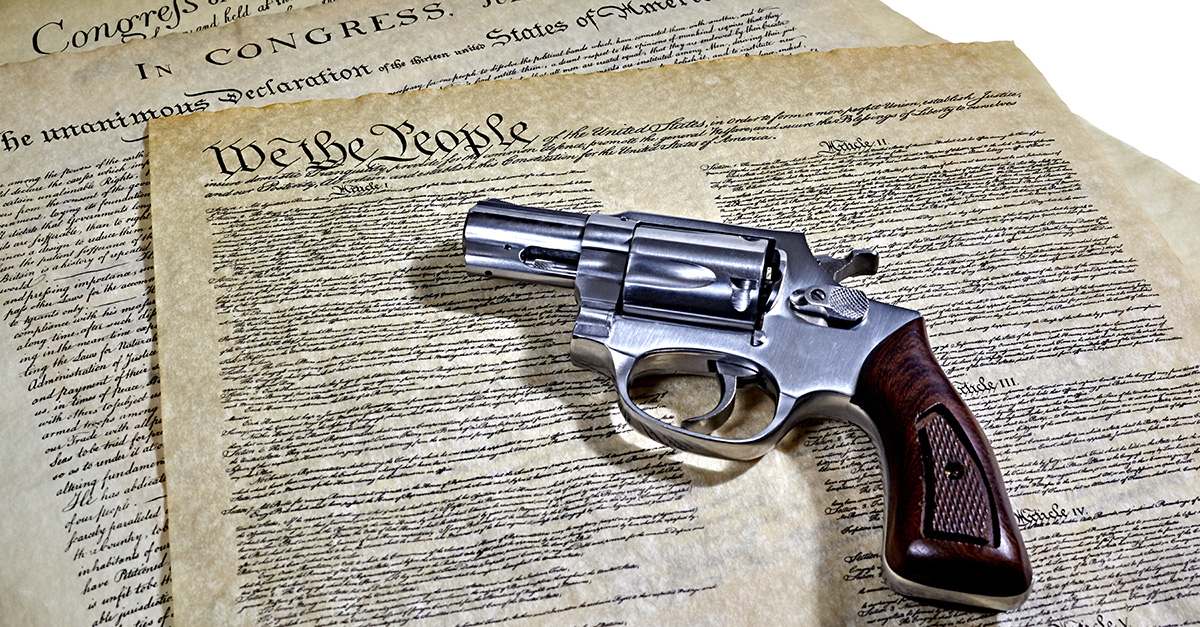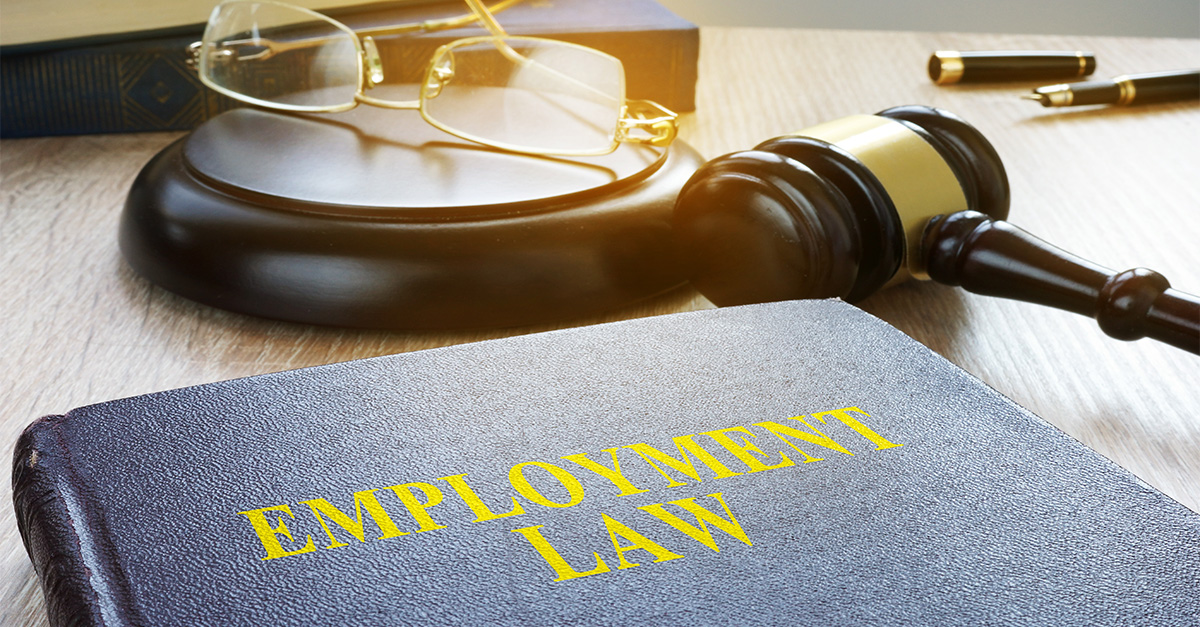


Get a free copy of Parental Rights & Education when you subscribe to our newsletter!

With this, 29 states have now passed “constitutional carry” laws enabling law-abiding citizens to freely exercise their 2nd Amendment rights.
Louisiana and South Carolina have become the 28th and 29th states to eliminate the requirement for residents to obtain a permit in order to conceal-carry a handgun.
After the signing ceremony, Landry said in a statement, “It’s fundamentally clear—law-abiding citizens should never have to seek government permission to safeguard themselves and their families. Today, we have secured an incredible victory for liberty in Louisiana.”
The law allows any person 18 or older to practice concealed carry (the state had already legalized open carry), unless they are legally prohibited from carrying a firearm.
Concealed carry is not allowed everywhere. Among the banned areas are police and sheriff’s departments; courthouses; church, synagogues, mosques, and other worship facilities; airports; schools and areas within 1,000 feet of school property; jails; businesses that sell alcohol to be consumed on site; and government meetings (although churches have the right to grant permission for a person to conceal-carry).
The law will not go into effect until July 4, 2024.
Opponents of the law say it will cause more violence.
“Louisiana lawmakers have chosen to make our beaches, restaurants, grocery stores, parks and everywhere else we go more vulnerable to gun violence. More guns will not make Louisianans any more free; in fact, it’ll only restrict freedom to go about their lives without fear of gun violence,” said Angelle Bradford, who volunteers with the Louisiana chapter of Moms Demand Action, a group that advocates for gun control.
Just two days later, though, another state followed Louisiana’s example. On March 7, South Carolina Gov. Henry McMaster signed into law H.3594, which also allows those 18 and older to conceal-carry a handgun. The new law also removes the requirements that South Carolinians receive eight hours of conceal-carry firearm training and complete a background check.
Again, South Carolina’s law doesn’t allow residents to conceal-carry in all places. Sites where concealed carry is prohibited include, but are not limited to, law enforcement facilities; courthouses; polling places on Election Day; daycares, preschools, and schools; college athletic events; and hospitals and medical clinics.
Firearms are also banned in churches and other religious sanctuaries, but, like Louisiana, church leaders can provide permission for a person to carry, as can doctors’ offices. Residents have the right to prohibit or allow someone to conceal-carry a handgun in their homes.
By contrast, South Carolina’s legislation increases penalties for those who illegally carry a firearm.
A person who has been convicted of a crime that is punishable by a maximum sentence of more than one year and is caught carrying a firearm will now be guilty of a felony, punishable by a prison sentence of up to five years. Conviction for a second offense requires incarceration for at least five years, while a third offense mandates that the offender be incarcerated for no less than ten years.
Proponents of the law claim it honors Americans’ Second Amendment rights and also deters criminals from illegally carrying a firearm.
McMaster said on social media,
“With my signature, South Carolina is now the 29th state in the country with Constitutional carry. This bill expands the Second Amendment rights of our law-abiding citizens and will keep violent criminals behind bars with increased penalties for illegal gun use and possession.”
He further posted on X, “Today − the General Assembly has taken an important step toward closing the ‘revolving door’ for career violent criminals. I appreciate the hard work and determination of many in both chambers. This new law will provide strict increased penalties for illegal gun use and possession by criminals. Now, law enforcement, prosecutors and judges can keep career criminals behind bars where they belong, where they can no longer hurt innocent South Carolinians.”
The law also takes steps to ensure that gunowners don’t delay when reporting a stolen firearm to the police, reducing the timeframe required for such reporting from 30 days to 10.
In addition, the new law provides funding to the State Law Enforcement Division, which will be used to cover the cost of concealed carry classes as a way to incentivize gun safety training for residents.
Sen. Bobby Cox, the law’s primary sponsor, issued a statement, saying,
“Gov. McMaster and my colleagues across both chambers of the Legislature have sent a resounding message: South Carolinians should never require government permission to defend themselves, their families, and their communities. Our God-given right to self-defense, as enshrined in the Second Amendment to the Constitution, is unequivocally affirmed, just as our founding fathers intended.”

In the Supreme Court’s ruling in New York State Pistol and Rifle Association v. Bruen, the justices clearly affirmed that the Second Amendment doesn’t require government permission. Clarence Thomas, writing for the majority, stated:
“The constitutional right to bear arms in public for self-defense is not ‘a second-class right,’ subject to an entirely different body of rules than the other Bill of Rights guarantees.”
Thomas went on to explain that other constitutional rights do not require a citizen to demonstrate a need to exercise them, as did New York’s law, which required residents to go to government officials and prove that they had a good reason to carry a gun for self-defense in public.
Americans don’t need government permission to speak their minds in public or receive due process, for example, and they don’t need a permit or a reason to have a gun to protect themselves or their families.
That’s because individual rights granted under the Constitution are defined as God-given rights, not government-issued privileges.
The government’s duty is to ensure that law-abiding citizens are able to freely exercise those rights — not to serve as a gatekeeper who gets to decide who is worthy of having those rights and who is not. And as such, Louisiana and South Carolina, along with the 27 other states that have passed constitutional carry laws, are doing their jobs as required by the Constitution and doing right by their constituents.
If you like this article and other content that helps you apply a biblical worldview to today’s politics and culture, consider making a small donation here.

Notifications